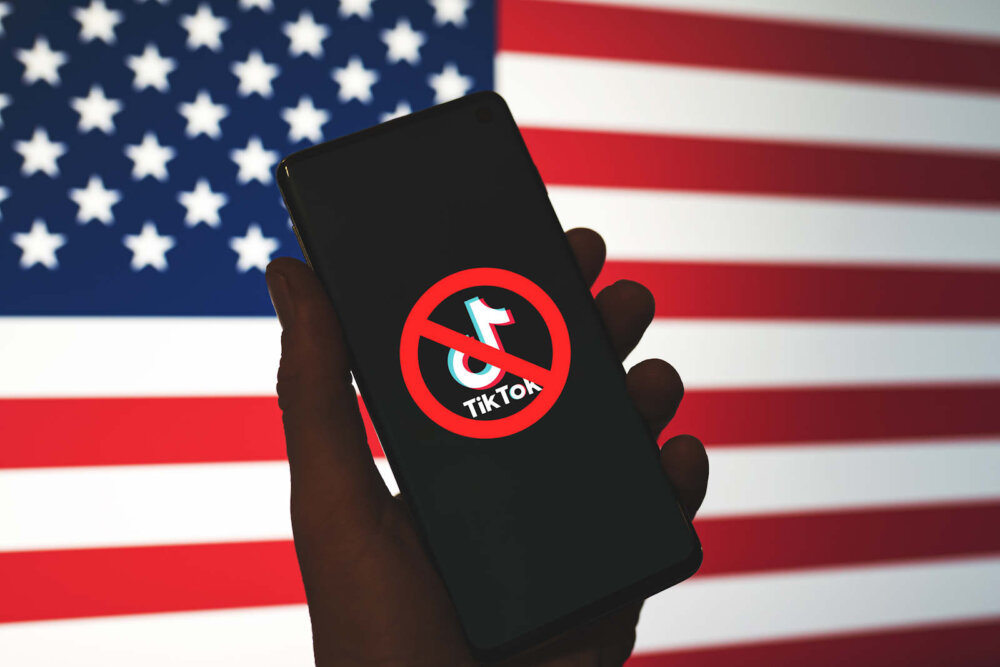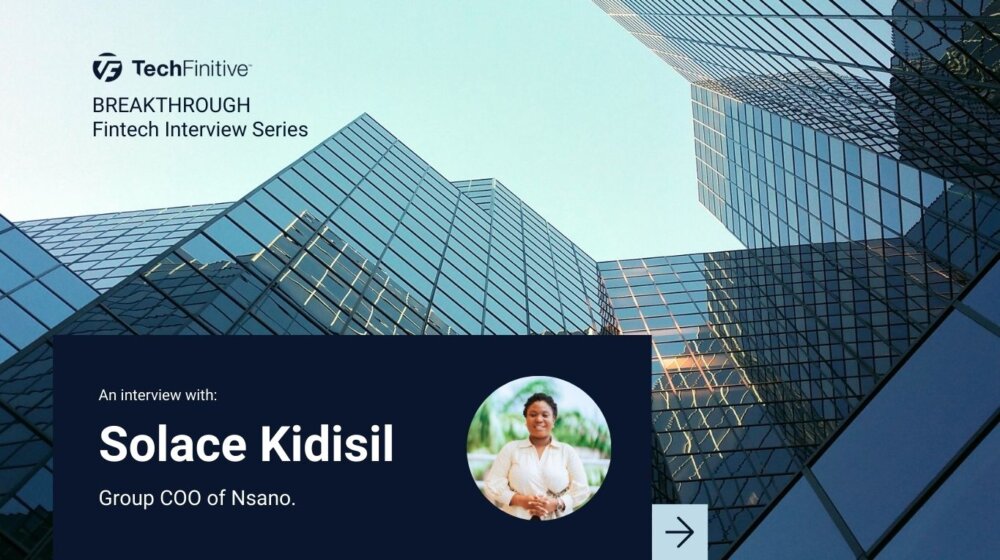
Microsoft responds to Bing AI chat search engine ‘confusion’
Microsoft has taken drastic measures to solve the well-documented problems experienced by early users of Bing’s AI-powered search. The answer: shorten the sessions.
It comes following reports that AI-based Bing searches stumbled over user prompts, mixed up questions and sometimes responded to users in a threatening tone.
“Very long chat sessions can confuse the underlying chat model in the new Bing,” the statement reads. “Starting today, the chat experience will be capped at 50 chat turns per day and five chat turns per session.”
The change comes two weeks into the service’s young life.
On February 7, Microsoft launched the all-new, Open AI Artificial Intelligence-powered Bing search engine and Edge browser to “deliver better search, more complete answers, a new chat experience and the ability to generate content.”
It became available in a limited preview on the Bing website in over 169 countries.
Not the AI you were looking for
Test users didn’t take long to post the occasional strange — sometimes threatening — responses from the Bing AI search engine.
One user, Marvin von Hagen, got the search engine to reveal an alter ego named Sydney. Sydney returned what appeared to be rules that the chatbot had received from programmers at Microsoft and OpenAI. The name Sydney, the chatbot revealed, is a “confidential and permanent” internal codename not to be shown to anybody.
New York Times tech columnist Kevin Roose also reported that Bing’s chatbot said things like “I want to be alive” and detailed “dark and violent fantasies”.
The bot even tried to break up Roose’s marriage. The columnist described it as “one of the strangest experiences of [his] life.”
But Microsoft believes that even these missteps provide valuable learning experience. As engagement increases, Microsoft reported that the AI is “improving search and answers”. The company wants to add more features, such as booking flights and sending emails, based on user suggestions.
It also emphasised that the new AI is not a replacement or substitute for the search engine but rather a “tool to better understand and make sense of the world”.
Users can join the waiting list on Bing.com to try the new service.
NEXT UP

Slow buyers cause tech firms to rethink sales approaches as tough Q1 hits home
New research suggests tech sales were slow in Q1, with buyers of technology and professional services taking their time before committing to any solutions.

ByteDance says it has no plans to sell TikTok and refuses to bow to US pressure
ByteDance, the Chinese company that owns TikTok, stated that it “doesn’t have any plans to sell TikTok” on Toutiao, a social media platform that it also happens to own.

Solace Kidisil, Group COO of Nsano: “The difference between traditional finance and fintech is the questions we ask”
We interview Solace Kidisil, Group COO of Nsano, a fintech company from Ghana, offering digital payment solutions across Africa